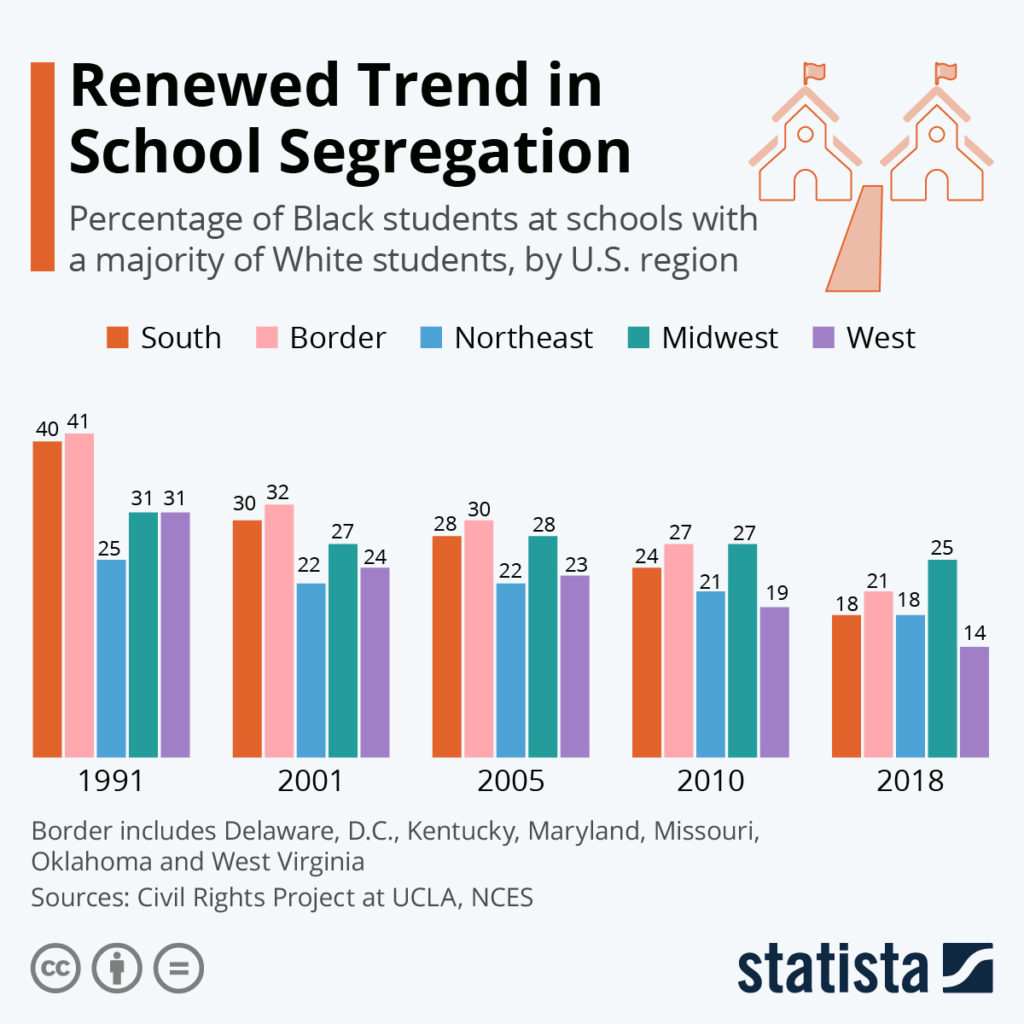The Death of Earl Warren (1891-2018)

Paul has already said most of what needs to be said about this, but I can’t resist adding something about the remarkable claim in the opening graf:
Bridges—a professor who now teaches at UC–Berkeley School of Law—held out hope that the court might be “this great protector of individual civil liberties right when we desperately needed it to be.” Then came 2018. That June, the justices issued Trump v. Hawaii, which upheld the president’s entry ban for citizens of eight countries, six of them Muslim-majority. Suddenly, Bridges told me, she realized, “The court is not going to save us. It is going to let Trump do whatever he wants to do. And it’s going to help him get away with it.”
I gave a speech at Brooklyn College on Halloween 2016, arguing that obviously if Trump won the courts would generally not be a meaningful check on him because his election would ensure Republicans retained control of the Supreme Court and gained control of most circuit courts, but luckily this was probably just a hypothetical question. (I gave the date to indicate that this was after the Comey letter, doh.) I was right about the thing I wish I was wrong about and vice versa, which as you may have noticed happens too much around here.
Anyway, I’m not trying to pick on this professor specifically — as Stern notes, this is a systemic issue — but Trump v. Hawaii, that’s what did it? Your faith in the Supreme Court survived Shelby County? Did you see how they were living? How can you delude yourself?
But take your mind back, to I know when: 1974. The core foundation of the Supreme Court’s reputation as a protector of the rights of discrete and insular minorities (as opposed the minorities it more commonly protects — slaveholders. businesses that want to employ child labor, businesses that want to pay women less then men with less responsibility for decades, etc.) is Brown v. Board of Education. Only Brown was overruled sub silentio in 1974, with the critical fifth vote coming from a justice who had literally written a memo arguing that Plessy v. Ferguson should have been affirmed when he was a Supreme Court clerk, and got confirmed by a Democratic Senate anyway. Trump v. Hawaii is the rule, not the exception.
As it happens, two years into the Roberts Court we got a forceful reminder of this. Brown would no longer be used to order segregated school districts to integrate, but it would be used to prevent local school boards from implementing even modest integration plans that take race into account because you have to do that if you care about integrating schools. As with Shelby County, reading the Roberts opinion for the Court and Breyer’s dissent is like watching a five year old play checkers and then Bobby Fischer in 1972 play chess, and then as a tl;dr bonus Stevens murdered Roberts’s opinion with a single paragraph. And…none of it matters at all! If you have the votes, you have the votes. And yet, somehow fairy tales about the Supreme Court continued to be relayed to another generation of law students.
The election that brought us the overruling of Roe v. Wade as the tip of a very destructive iceberg took place with a vacant Supreme Court seat, although you could have played pretty close attention to coverage of the election and not had any idea what was at stake. Elite liberal legal academia covering for the Supreme Court is not the only or even the most important reason this happened, but…it’s not a factor you can or should ignore either.
